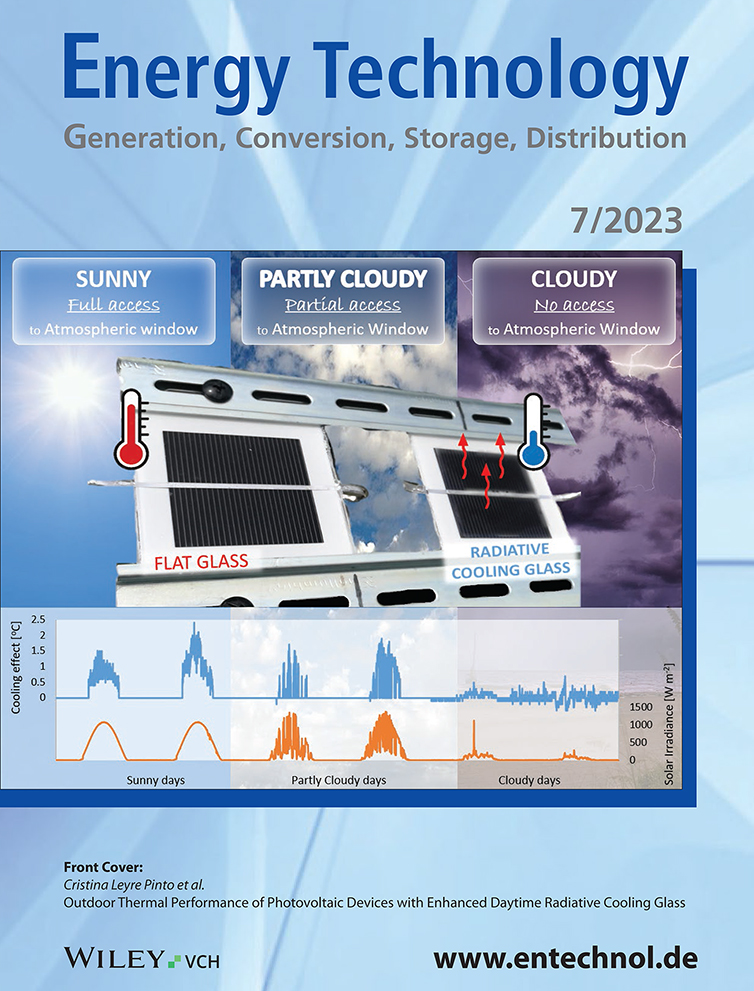Technoeconomic Optimization of a Photovoltaic Wind Energy-Based Hydrogen Refueling Station: A Case Study
Abstract
Increased use of renewable energy sources is expected to contribute to long-term sustainability and robust economic growth. A better global economy and lower greenhouse gas emissions are possible due to intensive research into more effective energy production, storage, and utilization technologies. The exciting solution for advancing the development of green hydrogen production and the clean transportation sector is the conversion of electrical energy generated from wind parks into green hydrogen. Therefore, herein, a technoeconomic optimization of hydrogen production for refueling fuel cell vehicles by comparing two different renewable energy sources is presented. Results obtained in this article demonstrate that Riyadh possesses sufficient wind speed and sunlight, which can be used to produce renewable hydrogen. It is evident from the evaluated and optimized results that the selected wind-based hybrid energy system has the lowest net present cost, levelized cost of energy, and levelized cost of hydrogen of $247,654.00, $/kWh 0.1720, and $/kg 4.23, respectively, as compared to the other system counterpart, making the selected optimized hybrid energy system the preferred choice to fulfill the electricity and hydrogen production demand of the refueling fuel cell vehicles. It is expected that the stakeholders through this study can encourage the production of hydrogen in Saudi Arabia.
Conflict of Interest
The authors declare no conflict of interest.
Open Research
Data Availability Statement
The data that support the findings of this study are available from the corresponding author upon reasonable request.




